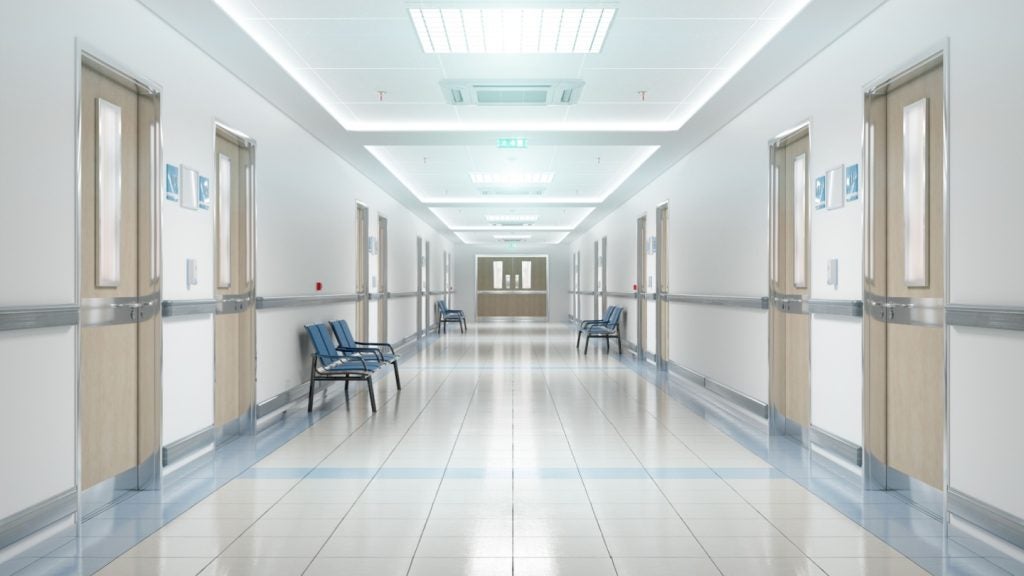
The UK’s NHS is rolling out the Brave AI system to GP practices across the South West to provide early help to people so that the risk of emergency hospital visits can be averted.
The system uses an algorithm that can detect patterns in patients’ records to examine the risk of emergency admissions.
This data will be leveraged by medical professionals to spot vulnerable patients and offer them tailored support, including remote health monitors and apps to self-report health.
People found to be at risk of admission can also be connected to voluntary groups or classes. This initiative will particularly track at-risk people, who do not have a serious diagnosed health condition or who do not contact their GP frequently.
Over the coming few months, the AI technology will be launched across 30 areas in the region.
The launch follows a pilot in Somerset, which evaluated more than 500 care home residents across 35 care homes.
How well do you really know your competitors?
Access the most comprehensive Company Profiles on the market, powered by GlobalData. Save hours of research. Gain competitive edge.

Thank you!
Your download email will arrive shortly
Not ready to buy yet? Download a free sample
We are confident about the unique quality of our Company Profiles. However, we want you to make the most beneficial decision for your business, so we offer a free sample that you can download by submitting the below form
By GlobalDataThis 18-month pilot was carried out by NHS Somerset in collaboration with the North Sedgemoor Primary Care Network (PCN).
According to NHS, this period recorded a decrease in ambulance call-outs by 8.7%, resident falls by 35%, and emergency unit attendance by 60%.
The roll-out of the AI solution will now be expanded to GP practices in Cornwall, Devon, Dorset, Gloucestershire, North Somerset, Somerset, and Wiltshire.
Plans are on to eventually launch the technology across the entire South West.
NHS national director for transformation Dr Vin Diwakar stated: “These measures not only keep some of the most vulnerable patients out of hospital but encourage conversations with patients who might not otherwise contact their GP, spotting health conditions that might otherwise go unnoticed and boosting our ability to intervene early when conditions are easier to treat.”
“The latest figures show that hospitals are already under considerable pressure as we enter December, with 1,200 more patients in hospital than the same time last year and the re-emergence of winter viruses, so it is vital that we maximise the use of these kinds of tools to cut admissions where we can, while the public play their part by getting their jabs if eligible and using 111 for any non-emergency conditions.”
Last month, NHS said it is making use of AI to reduce winter admissions.
It is conducting a pilot in Buckinghamshire in this regard, monitoring patients’ eating and drinking habits via AI-linked electronic sensors on kettles and fridges.







